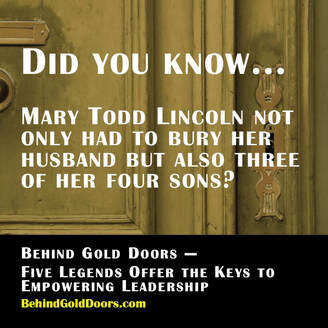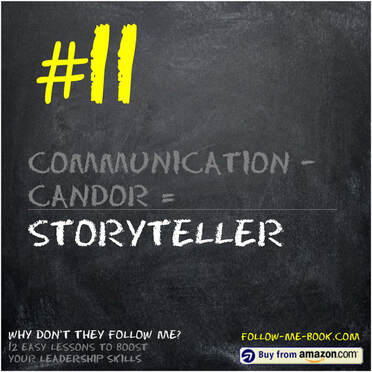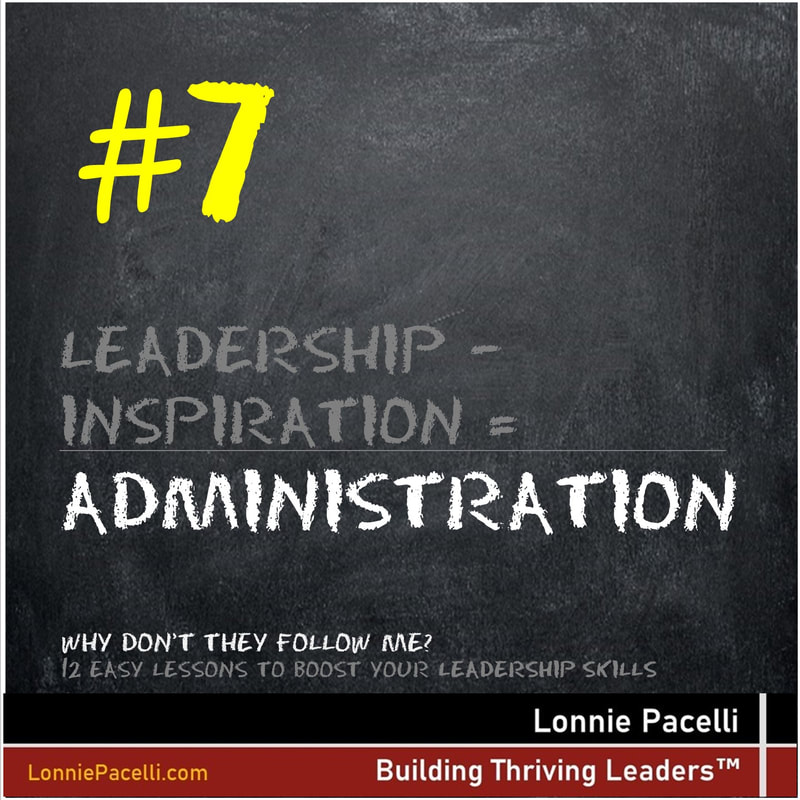 I have a very good friend who is several years older than me. Aside from being a close friend, he also refers to me as his mentor. I used to cringe a bit every time he said it. I am younger than him and felt that our relative overall life experience didn’t earn me my mentor status. I took some time to reflect on some of our discussions. I realized that there were some topical areas where I had a significant amount of experience where he had gaps. He understood that my experience filled his gaps, and didn’t consider age to be a barrier to helping him in those areas. While neither of us were seeking a mentoring relationship, our friendship has morphed to include his mentoring of me in some areas, while I mentor him in others. We are situational mentors to each other based on experience and need. Read more at ProjectManagement.com
0 Comments
 I’ve been thinking a lot about my role as an advisor and mentor. As someone who has been around the business block for nearly four decades, I’ve acquired many bumps and bruises along the way. I love sharing what I’ve learned, but I have come to realize that when I serve as an advisor, I use a different method than when I serve as a mentor. I did some introspection and wanted to get some things down for you to consider if you are entering into an advisory or mentoring relationship. A great advisor and great mentor both share the following similar characteristics: Read more at ProjectManagement.com

As leaders we have a responsibility to ensure that our area is managed effectively and that we are driving the organization to achieve its stated objectives. We also have a responsibility to grow the next generation of leaders to ensure that the great work we've done continues on after we've moved on. Keep some of these nuggets in mind as you ponder making the next generation of leaders great:

As a small business owner I’ve had many many discussions with colleagues about my products and services. Throughout these discussions I have gleaned some outstanding pieces of advice about things I should be focusing on and ideas that I should be pursuing. I also have been on the receiving end of some pretty random ideas which may have had some merit in the eyes of the beholder but just didn't seem to fit well with the direction that I want to take the business. One colleague of mine got pretty peeved with me because I wasn't executing upon his advice. The truth is, his advice just didn't align with the other advice I was getting and didn't fit well with the direction that I want to go. I stuck with my spider-senses and didn't execute upon his advice.

“He’s clueless,” Alan said to his peer, Tracy as they walked out of the meeting.
Alan had gone into his presentation to his VP, Amir thinking it was in the bag. What in his mind should have been a slam dunk turned out to be 30 minutes of inquisition-like questions, debating of assumptions, and skepticism of his solution, all followed by a “We’re not going to do this.” “I just can’t believe how out of touch he is,” Alan continued. “The solution is as plain as the nose on his face, and he can’t see beyond his own incompetence!” Tracy was quiet as the two walked and Alan continued to sputter. After a few minutes, Alan couldn’t help but notice Tracy’s silence. “What do you think?” Alan asked. “How about we go in the conference room and chat,” Tracy said. “Sure.” Alan had always respected Tracy’s judgment and how she commanded the respect of not just peers and followers, but also her management. The two went into the conference room, Alan shut the door, and they sat. “Alan, you’re incredibly bright and very passionate about your work.” “But. . .” Alan said, waiting for the other shoe to drop. “You haven’t yet mastered how to sell up.” “Sell up?” “That’s right.” 
Brent was having a routine one-on-one with his boss Gail in her office. Over the six months since joining her organization, Brent noticed something different about Gail compared to his past bosses.
“Gail, can I ask you a question?” Brent asked. “Certainly.” “When you share your wisdom with others you are so transparent, even willing to admit when you were wrong about something. That’s very different from other bosses I’ve had. How did you get there?” “Good question,” she said. “I learned a long time ago that wisdom is extremely valuable. Seeking and sharing it can make the difference between success and failure. Because I deeply care about not only my success but the success of others, I decided I needed to be willing to not just seek wisdom from others but candidly share my wisdom with others to improve their chances of success. I adopted what I call a wisdom steward mindset.” “Wisdom steward?” he asked. “Yes,” Gail said just as her phone beeped. She looked at the message. “Darn, I need to prep something for the board meeting in an hour. Can we continue the wisdom steward discussion at our one-on-one next week?” “Sure,” Brent said. “OK, see you later then.” Brent got up and went back to his cubicle. “A wisdom steward?” he thought to himself as he sat in his chair. |
Topics
All
Reprints
Contact Lonnie about article reprints. Please specify article you wish to reprint. Backlist
See Lonnie's Amazon Author Page Archives
April 2024
|
Lonnie Pacelli - Building Thriving Leaders™
Insightful | Creative | Direct Advice to Help Leaders Help Themselves
Keynote Speaker | Board Director | Autism Advocate | Author | Project Management Expert | Microsoft/Accenture Veteran
See his books on Amazon
Insightful | Creative | Direct Advice to Help Leaders Help Themselves
Keynote Speaker | Board Director | Autism Advocate | Author | Project Management Expert | Microsoft/Accenture Veteran
See his books on Amazon
Services |
About
|
© COPYRIGHT 2019. ALL RIGHTS RESERVED.
We are a participant in the Amazon Services LLC Associates Program, an affiliate advertising program designed to provide a means for us to earn fees by linking to Amazon.com and affiliated sites.
|





 RSS Feed
RSS Feed